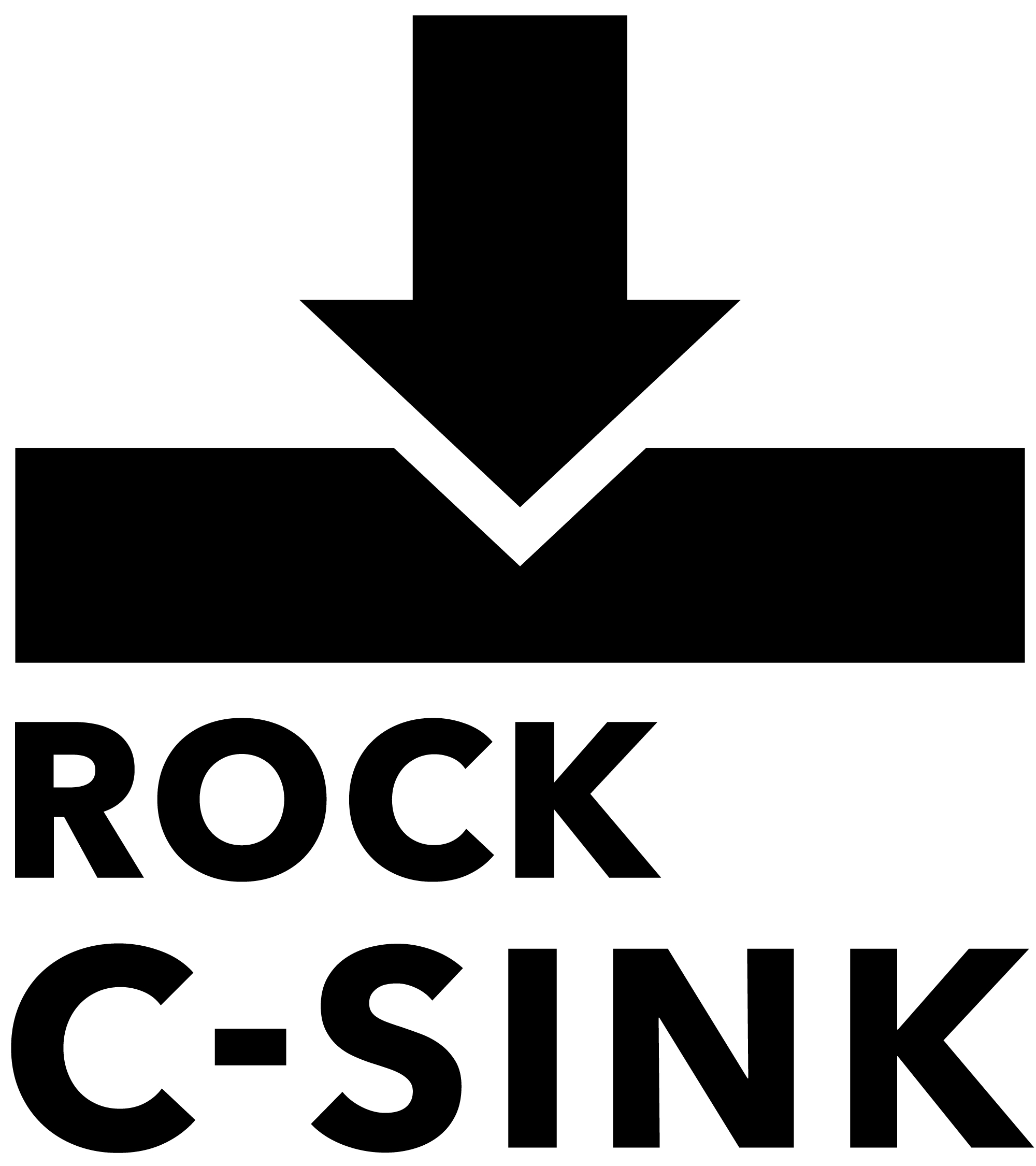
Global Rock C-Sink
The weathering of large quantities of small silicate rocks helps to reduce greenhouse gases in the atmosphere. Usually, weathering is a slow natural process in which minerals chemically bind CO2. However, as a highly scaled-up technology, it can also be used for so-called negative emissions to limit climate risks.
The natural weathering of silicate rocks binds significant amounts of atmospheric CO2 in the form of dissolved inorganic carbon, which eventually ends up in the ocean or precipitates as carbonate. Therefore, weathering of silicate rocks is an important feedback mechanism for atmospheric CO2 and influences climate on geological time scales. By grinding the silicate rock, the reactive surface area can be increased. By exposing the rock to an environment favourable for weathering, e.g. the plant root zone (rhizosphere) or the surface water of the oceans, the weathering process can be accelerated and thus also the uptake of CO2 from the atmosphere.
One advantage is that rock weathering does not compete for land, e.g. with agriculture, unlike biomass-based negative emission scenarios such as short rotation coppice or afforestation. Instead, rock weathering generates agricultural co-benefits by providing important macro- and micronutrients to the soil. The addition of primary minerals stabilises soil organic carbon. Finally, alkaline reaction products released into water bodies can actively counteract ocean acidification and promote additional oceanic carbon removal.
Here you will find the current version of our standard:

CERES-CERT AG
CERES-CERT AG is the third-party auditing body for the standards owned by Carbon Standards International.
With the experience in the certification of biochar, CERES-CERT AG has the necessary expertise to certify biochar production and processing companies and to validate and verify your climate projects.
Find here a list of the laboratories endorsed so far. All endorsed laboratories and subcontractors participate annually in an independent biochar ring trial organised and evaluated by DCC Delta Coal Control. It is planned to establish a European network of laboratories for plant carbon analysis that work according to the same analytical methods and regularly participate in the EBC ring test.
You can find more information and necessary documents in this section:
Here you will find all updates and revisions to the standard:
Here you will find more information about our costs:
If you would like to have Carbon Standards review potential modifications or amendments to the standard, please review the following:
Please refer to our Design Manual for the correct use of the label.
Customer benefits
The Global Rock C-Sink standard by Carbon Standards International now allows us to standardize and certify this process, enabling us to calculate carbon sink potential for rock weathering and certify corresponding carbon sink potentials. Discover the multitude of opportunities and create a positive impact on the environment.
Contact person
 Ueli Steiner
Ueli Steiner
 Matthias Matzenberger
Matthias Matzenberger
CTO Global C-Sink
+43 664 884 243 23
matthias.matzenberger@carbon-standards.com


